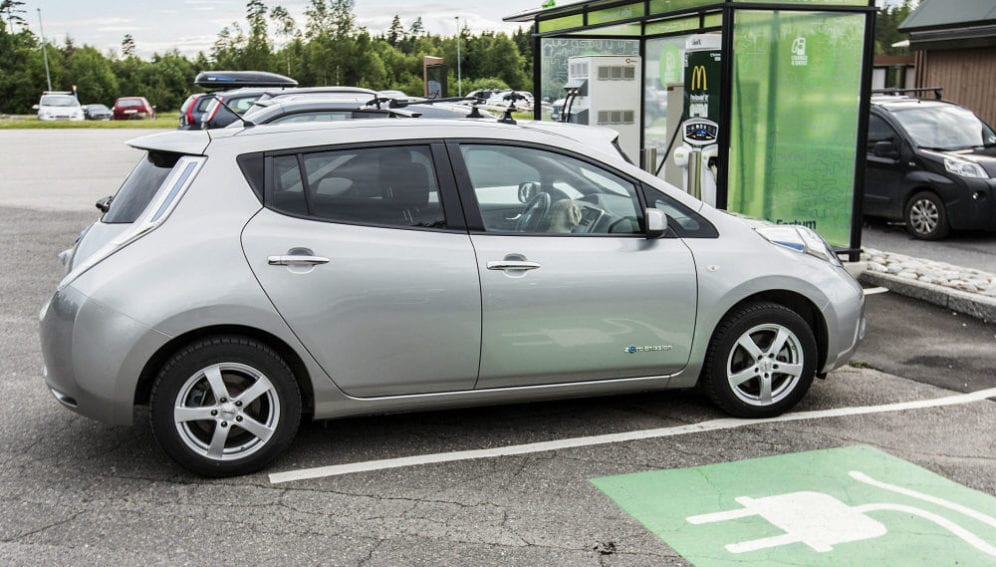By: Gilbert Nakweya
Send to a friend
The details you provide on this page will not be used to send unsolicited email, and will not be sold to a 3rd party. See privacy policy.
[NAIROBI] Africa needs low carbon transport system such as electric cars to cut air pollution, say officials.
According to environmental experts, electric vehicles reduce burning of fossil fuels, the main source of transportation-induced air pollution. Africa has many used cars that have little to no emission control mechanisms and that run on low quality fuel.
“The combined effect of this is that for most African cities, air pollution is heavily as a result of the emissions from motor vehicles,” says David Rubia, a program officer of the UN Environment.
“We need cost-effective innovations to ensure low pollution.”
Coletha Ruhamya, Rwanda Environment Management Authority
Coletha Ruhamya, director-general of the Rwanda Environment Management Authority, adds: “We need cost-effective innovations to ensure low pollution,” citing a need for use of electric cars.
The experts add that African governments need to create electric vehicles policies and implement them to help address environmental challenges such as climate change and pollution.
They were speaking on the sidelines of the African Environment Partnership Platform which was held in Kenya last month (17-21 September) concurrently with the Seventh Special Session of the African Ministerial Conference on Environment.
Rob de Jong, UN Environment’s head of air quality and mobility unit, said that action is needed because local solutions exist that can help address environmental challenges facing Africa.
Africa should invest in the requisite infrastructure and planning of urban spaces to incentivise non-motorised transport modes such as cycling to reduce emissions from transport, de Jong adds.
According to Rubia, most newly registered cars in Africa are used vehicles from Europe, United States and Japan that use diesel with high sulphur, adding that 25 African countries do not have any age restrictions in place for used vehicle imports whereas some have age restrictions that allow import of used vehicles that are as old as 15 years.
Early this month (1 October), Uganda’s law on banning of the vehicles more than 15 years old came into effect.
“Most African countries do not have automotive emissions standards such as those in China, Europe, United States and Japan,” Rubia tells SciDev.Net.
Kenya and Mauritius have started using electric vehicles, according to Rubia, adding that
the UN Environment is working with African countries such as Ethiopia, Ghana, Kenya, Morocco, Nigeria and Rwanda to develop policies to boost the uptake of electric cars.
This piece was produced by SciDev.Net’s Sub-Saharan Africa English desk.














